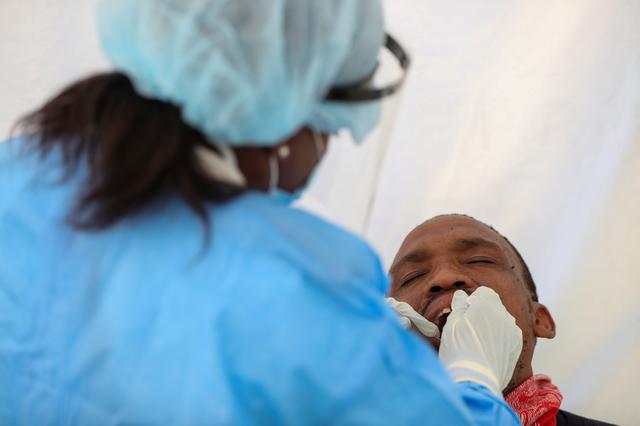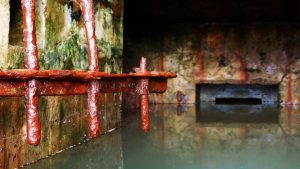The rate of coronavirus infections in Nelson Mandela Bay continues to decline prompting the city’s authorities to express a cautiously optimistic outlook.
The metro was the first national hotspot when the infection rate flared up again two months ago, but the average daily infection rate has shown a strong decrease since the start of the month.
Between 4 and 10 December the average was 416 new cases per day but that has dropped to a 227 average for the week of 11 to 17 December.
Nelson Mandela Bay Mayor Nqaba Bhanga has lauded the work done by the healthcare workers and the law enforcement agencies to turn the infection rate around coupled with the partnership forged with residents.
Nelson Mandela Bay Municipality Executive Mayor Nqaba Bhanga said he is cautiously optimistic as a slight decline in the average daily coronavirus infection rate is evident since the beginning of December.https://t.co/fplMtB1yP4
— Nelson Mandela Bay Municipality (@NMandelaBaymuni) December 20, 2020
The provincial Health Department’s spokesperson Siyanda Manana says they are now focusing on the areas in which the infection rate is rising.
“We are adopting the same approach as in the metro, the metro peaked a little bit earlier and that was also the case in the first wave as well. So in this instance, because we had an integrated approach where you had different departments coming together, your police enforcing adherence protocols. We had the liquor board coming on board and municipalities in the respective areas, so that approach we are going to export other districts as well, it is an approach that we’ve seen bearing fruits in the metro as well as Sarah Baartman.”
Earlier this month, President Cyril Ramaphosa declared Nelson Mandela Bay Metro a COVID-19 hotspot, with stricter measures including a ban on public drinking, an extended curfew as well as restrictions on gatherings.
Beaches and public parks across the Eastern Cape have also been closed until 3 January.
Closing of Eastern Cape and KZN beaches under the spotlight






